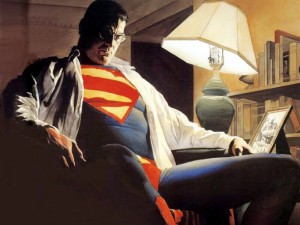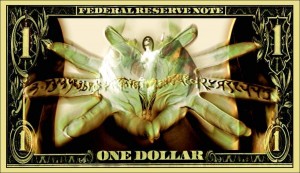I write in unrealistic genres — science fiction and urban fantasy being my favorites, though I’ve been playing with more traditional fantasy as well. I like a good touch of romance and bittersweet endings. What it comes down to is that there’s enough realism in real life, thank you very much.
It sounds immature. In a way, it is. Reading is escapism, after all; for me, so is writing. I’m discovering my story just as much as the reader eventually will. It just takes me longer and not always in the right order. (Writers are a lot like The Doctor in that way. We’ll see the whole picture eventually, we just might end up starting in the middle.)
Thing is, I’m not the wisest or most informed writer in the world. Not even on this blog. I’m not interested in tackling the big important social, political, and scientific questions of our age. I’m not going to be able to write one of those heavy, hard books. I’m going to leave that to better writers.
I want to tell stories about people. I want to talk about technology that interests me.1 I want to write love stories that touch on my feminist interests. I want to write about the magic under the dark and gritty skin of a world that is in equal parts beautiful and cruel. Horror, suspense, thriller — shit, there’s already enough of all that in life. I don’t want it in my fiction too.
This isn’t to say that I don’t let real world issues and concerns slip into my (optimistic) genre stories. It would be a flat world if I did. You need those little touches of realism when you reach for the fantastical — the reader needs to know where the ground is before you break it out from under them.
And in some ways, writing from an optimistic angle is a way for me to filter my experiences, interests, and fears through a safe outlet. My fears of being economically abandoned certainly slipped into my NaNo novel, where an entire undesirable suburb(?) is physically cut off from the city that the citizens need to survive. DREAMING OF EDEN is colored by my thoughts on a false sense of bodily and social autonomy. My sky-pirate novel will (in theory) touch on parenting and religious institutions.2
A writer can use any novel as a place to discuss (and even promote) ideas that they find important or interesting. The genre is the coating, the canvas to tell a story.
1. Honestly, I wrote DREAMING OF EDEN at the same time I was falling in love with Linux, and it shows. Hoo, boy, my feelings on DRM and locked hardware are basically that whole novel.
2. Not to be confused with religion itself. I don’t mind writing on matters of politics, but I’m not interested in touching matters of faith.


